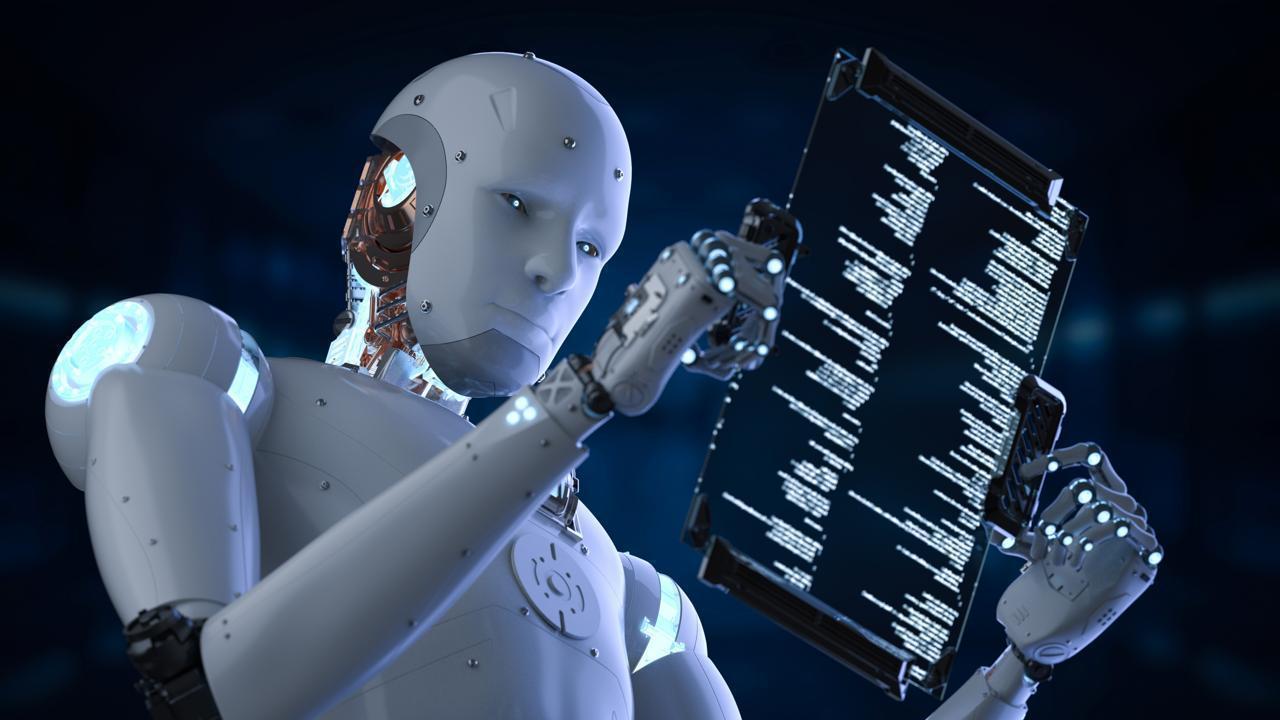
Post by : Amit
A new contender in the race to power intelligent machines has just emerged from stealth. Genesis AI, a Silicon Valley-based startup, has announced its launch today with a staggering $105 million seed round—one of the largest early-stage fundings in AI history. The company’s bold mission: to build the next-generation foundational AI models tailored specifically for robots.
Led by co-founders Sam Fok and Mikhail Svyatoslavsky, both alumni of MIT’s robotics and applied AI labs, Genesis AI is not chasing general-purpose language models like OpenAI or Anthropic. Instead, it wants to become the cognitive engine inside physical machines—from warehouse bots and surgical arms to drones and humanoids.
“We believe the future of AI isn’t just text and vision. It’s embodiment,” said Fok. “Machines need models built for motion, manipulation, and the messy physical world.”
The startup’s jaw-dropping $105M seed was co-led by Eclipse Ventures and Khosla Ventures, with major participation from Sequoia Capital, NVIDIA Ventures, and Toyota Ventures. The funding reflects growing investor appetite for robot-native AI models as industries scramble to automate logistics, manufacturing, eldercare, and beyond.
Eclipse, known for its bets on industrial hardware and deep tech, said Genesis AI is “the software platform robotics has been waiting for.” Notably, the startup has also secured early access partnerships with top robotics OEMs in the U.S., Japan, and South Korea.
While traditional large language models (LLMs) are optimized for words, Genesis AI is developing what it calls “Motion Foundation Models” (MFMs)—AI systems trained on millions of hours of sensorimotor data. This includes force feedback, video, proprioception, haptic responses, and mechanical telemetry—collected from robotic arms, autonomous vehicles, and embedded sensors.
Its models aim to:
The ultimate goal is to allow a robot to watch a human perform a task once—and replicate it across environments, with contextual adaptability.
“We’re building the GPT of grasping, the Claude of contact,” quipped Svyatoslavsky. “Every future robot should be born with a world-ready brain.”
Genesis AI’s launch signals a new era in robotics—one in which robots are no longer just programmable tools, but AI-native agents that reason, adapt, and even collaborate.
Industry analysts see this as a pivotal shift. While OpenAI’s ChatGPT, Google DeepMind’s Gemini, and Meta’s LLaMA models dominate headlines, none are designed to control hardware at scale. Genesis fills a void where embodied intelligence meets real-world application.
Early applications will target:
The launch of Genesis AI reignites debate over the role of embodiment in Artificial General Intelligence (AGI). While most AGI discussions focus on language and logic, a growing school of thought argues that true intelligence requires physical grounding.
The company remains in stealth mode about its upcoming products, but teased that its first public demo, scheduled for late 2025, will feature a robotic system completing 20+ complex tasks in a live environment, without code or teleoperation.
AI, Robotics










Advances in Aerospace Technology and Commercial Aviation Recovery
Insights into breakthrough aerospace technologies and commercial aviation’s recovery amid 2025 chall

Defense Modernization and Strategic Spending Trends
Explore key trends in global defense modernization and strategic military spending shaping 2025 secu

Tens of Thousands Protest in Serbia on Anniversary of Deadly Roof Collapse
Tens of thousands in Novi Sad mark a year since a deadly station roof collapse that killed 16, prote

Canada PM Carney Apologizes to Trump Over Controversial Reagan Anti-Tariff Ad
Canadian PM Mark Carney apologized to President Trump over an Ontario anti-tariff ad quoting Reagan,

The ad that stirred a hornets nest, and made Canadian PM Carney say sorry to Trump
Canadian PM Mark Carney apologizes to US President Trump after a tariff-related ad causes diplomatic

Bengaluru-Mumbai Superfast Train Approved After 30-Year Wait
Railways approves new superfast train connecting Bengaluru and Mumbai, ending a 30-year demand, easi